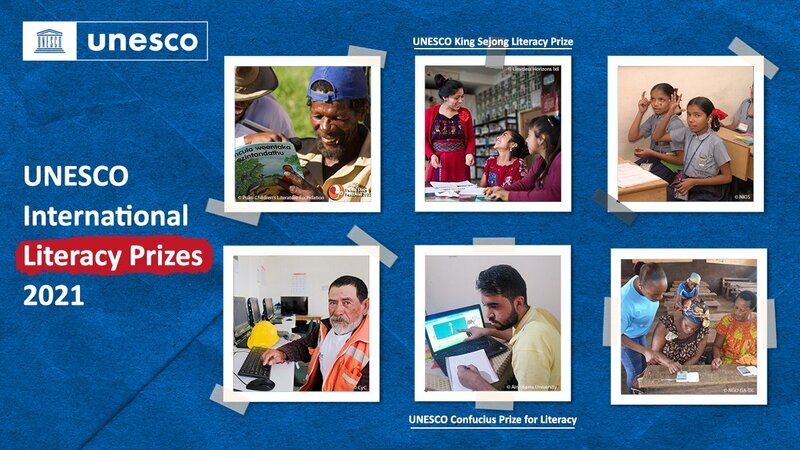
5 Steps to Build an Effective CSR Strategy
In today’s business landscape, Corporate Social Responsibility (CSR) has evolved from being a “nice-to-have” to ...

Egypt is among six winners of UNESCO’s International Literacy Prizes for their outstanding literacy program that contributed during the COVID crisis to help students learn to read and write through accessible technologies.
The winners – that include also Côte d’Ivoire, Guatemala, India, Mexico and South Africa – will be honored on the occasion of International Literacy Day (8 September).
Egypt was among the winners for Ain Shams University’s online literacy classes for rural areas in Egypt.
Ain-Shams University was established in 1950, making it the third oldest university in Egypt. The University’s Society Service and Environment Development Department, which works on community development services to poor, marginalized, and needy villages and settlements.
The project uses digital technology in literacy training to empower learners in rural areas of Egypt and participates in the National Literacy Project. It provides educational, economic, and social services and uses incentives and training programs to encourage university students to join the project as literacy teachers. Throughout the COVID-19 crisis, there has been an increased focus on technology and distance learning in the university’s literacy programs, through the use of printed materials, television, text messages and online platforms such as YouTube.
“The winning program have literally changed the lives of thousands of children, young people, women and marginalized adults. Literacy empowers individuals and it expands people’s capabilities and freedom of choice,” UNESCO Director General Audrey Azoulay said.
At least 773 million youth and adults globally still cannot read and write, and 250 million children are failing to acquire basic literacy skills. There are more non-literate women than men, and women are also increasingly left behind in the digital environment. This situation is expected to worsen, as COVID-19 school disruptions have caused learning losses. About 23.8 million additional children and youth worldwide may drop out or not have access to school in 2021 due to the pandemic’s economic impact alone.
The awards will be presented during a virtual International Conference entitled “Literacy for a human-centered recovery: Narrowing the digital divide,” which UNESCO will host on 8 and 9 September.
The online event will bring together representatives of governments, development partners, experts and educators to explore how literacy can contribute to building a solid foundation for a human-centered recovery, with a special focus on the interrelation between literacy and the digital skills that half of the world’s population still lacks.
A special session focusing on inclusive distance and digital learning will be held with the prizewinners on 9 September(1.30pm to 2.45pm CET).
اترك تعليقا